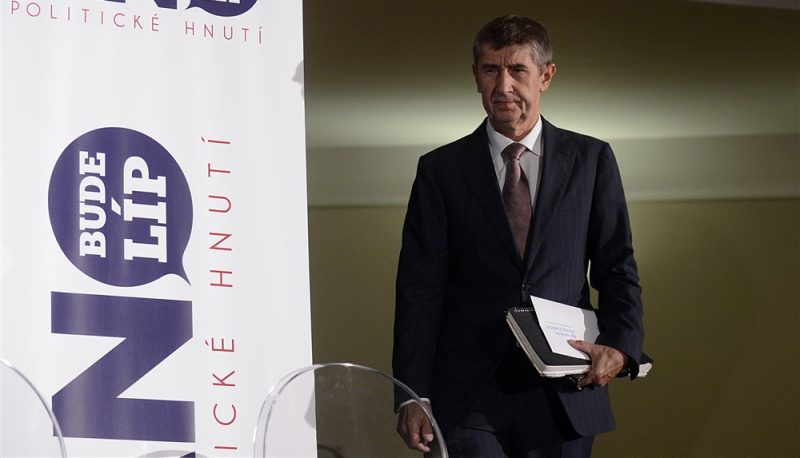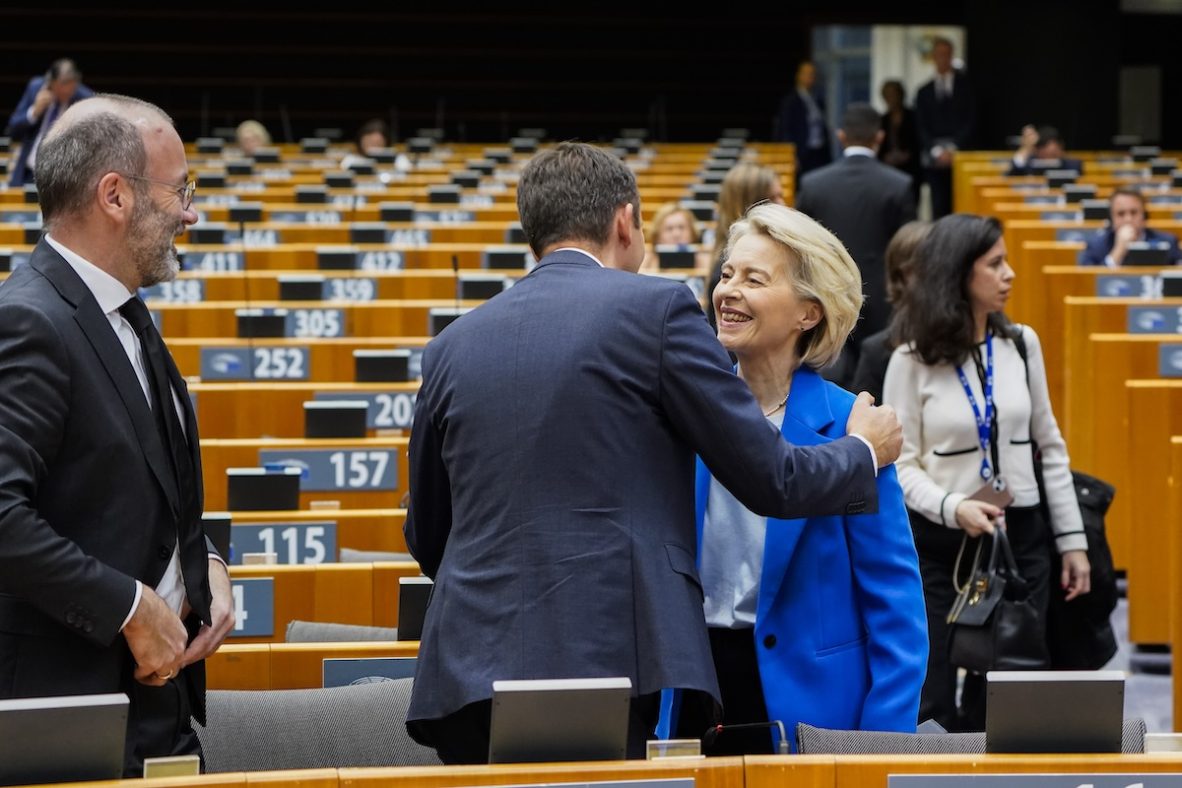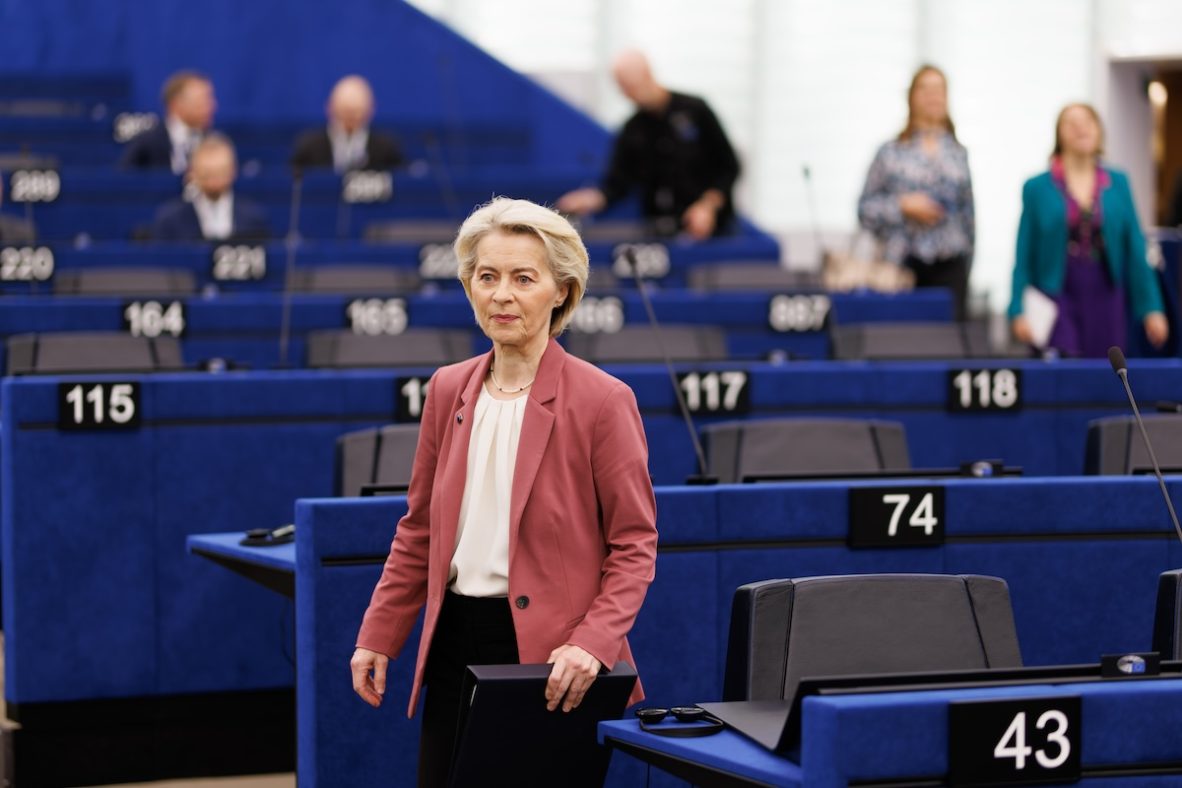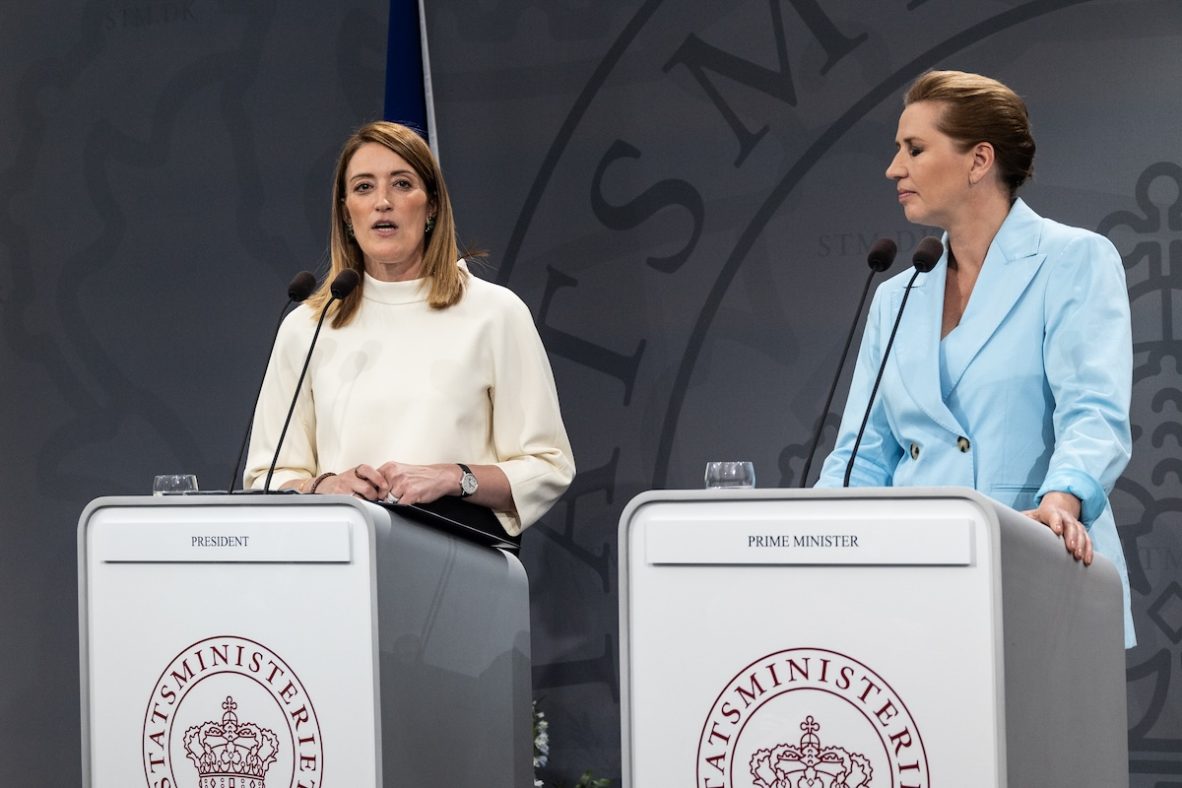Czech PM hopeful Babiš faces renewed conflict of interest allegations amid EU budget talks
Brussels warns it will “closely examine” the billionaire’s ties to Agrofert, a major EU funds beneficiary, if he returns to power

Czech populist leader Andrej Babiš’s election victory has reignited conflict of interest allegations over his control of the Agrofert conglomerate – a major recipient of EU farm and regional subsidies – just as EU countries negotiate the bloc’s next seven-year budget.
Billionaire food tycoon Babiš, one of the richest people in Czechia, is poised to return as prime minister after his ANO party won the parliamentary election in early October.
EU agricultural and regional subsidies, which make up about two-thirds of the bloc’s current seven-year budget, are distributed according to rules agreed unanimously by member states.
According to Agrofert’s 2024 annual report, the conglomerate’s subsidiaries received about €59 million in “operating subsidies” last year.
An Agrofert spokesperson told Euractiv that more than half of that amount came from the EU’s agriculture direct payments, while the rest consisted of other operating subsidies, primarily for animal husbandry.
If reappointed, Babiš would once again have a seat at the EU budget table – holding one of 27 vetoes shaping the rules for distributing roughly €28 billion in subsidies to Czech regions and farmers between 2028 and 2034.
Brussels bracing
Babiš’s expected comeback has already prompted warnings in Brussels, where the European Commission previously found in 2021 that Babiš’s dual role as prime minister and controlling owner of Agrofert violated EU conflict of interest rules.
“Should Mr. Babiš be reappointed as prime minister, the Commission will closely examine the situation and verify the absence of conflict of interest,” said Budget Commissioner Piotr Serafin.
The ANO leader’s 2017-2021 premiership has been embroiled in a number of conflict of interest allegations and EU subsidy fraud cases – which Babiš denies – related to his company Agrofert.
He is facing trial for a €2 million EU grant to the “Stork Nest” farm, which prosecutors allege obtained the money fraudulently by being temporarily removed from Agrofert Holding to receive a grant intended to support small and medium-sized businesses.
Czechia’s Babiš faces new trial in EU subsidy fraud case
PRAGUE – Former Czech prime minister Andrej Babiš and MEP Jana Nagyová are set to…
2 minutes

In Czechia, laws bar public officials from influencing subsidies for companies they or their close relatives own. The EU similarly requires anyone involved in implementing, auditing, or controlling the EU budget to avoid any action that puts their own interests at odds with those of the bloc.
Babiš owns 90% of Agrofert directly, having transferred 10% to a trust fund managed by Agrofert’s lawyer.
So, if Babiš were reappointed as prime minister while still effectively controlling Agrofert, a conglomerate drawing millions from EU funding, the situation could fall foul of both frameworks.
Babiš’s camp said he will follow both Czech and EU law. “His lawyers are ready to explain everything to the European Commission,” his spokesperson Martin Vodička told Euractiv.
Pavel Heřmanský, Agrofert’s spokesperson, said the group sees no reason to be examined and “always act[s] in accordance with the law.”
Potential fixes
According to Czech news site Seznam Zprávy, Babiš has floated three ways to resolve the issue: not becoming prime minister – which seems unlikely; transferring or selling the group; or again placing it in a trust arrangement.
“A sale would be slow and complex unless already prepared,” said constitutional lawyer Ondřej Preuss, adding that transferring ownership to relatives could be challenged as a circumvention of the law.
During his previous term, Babiš placed Agrofert into trusts but remained a beneficiary – a set-up Czech courts later found left him effectively in control.
Preuss said there is now talk of introducing a stricter “blind trust” model, used in Western countries when business leaders enter politics. However, Czech law currently provides no clear legal basis for such a structure.
“If Babiš takes office, any conflict must be resolved within 30 days,” he added.
Czech government seeks €205m payback from subsidiaries tied to Babiš’s Agrofert
PRAGUE – Czechia’s agriculture ministry will seek the return of CZK 5.1 billion (€205 million)…
2 minutes

What happened last time?
After the Commission’s finding that Babiš in 2021, Brussels “carried out a number of financial corrections,” said Serafin – in practice, cutting or reclaiming EU payments affected by the conflict – while Czech authorities only recently moved to seek the money back.
“It took a long time” for any measures to be taken last time, said Greens MEP Daniel Freund, who raised the issue in the European Parliament last week.
“The Council didn’t react at all, they just allowed him [Babiš] to negotiate the MFF [multiannual financial framework] last time,” said Freund, referring to the 2021-2027 EU budget.
However, a council official said the European Council and the Council have “no role in this respect”.
EU countries “have the obligation to prevent and address conflicts of interests relating to the implementation of the Union budget,” they said.
“If a country fails to take necessary measures, it is for the Commission to take appropriate measures, which may include the suspension of payments or imposing financial corrections,” the official added.
(vib, adm, cm, cs)









